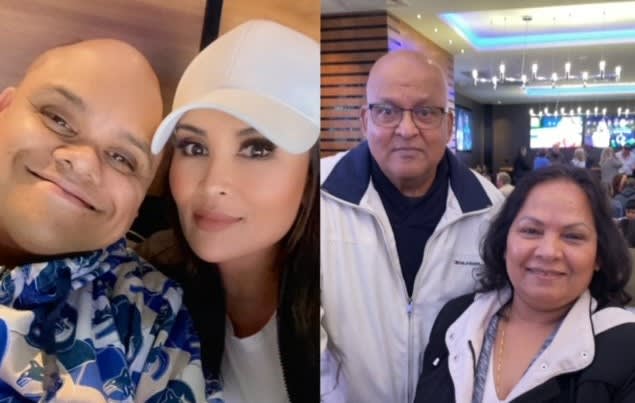Cancer Research Turns Personal
March 17, 2017
Found in Genome Sciences Centre, Genomics, Lymphoid cancers
My PhD was a veritable roller coaster of scares, successes, utter failures, exciting discoveries, disappointments, and a few seemingly insurmountable problems. The stakes are high in academic research, especially in hot areas such as cancer genomics.
Early in my degree, I was lucky enough to be in a position to make some timely observations into the molecular basis of common non-Hodgkin lymphomas (NHLs). For those of you who are not familiar with the scientific process, academics must routinely endure being judged by a jury of our peers (usually two or three individuals) on the importance, validity and minutiae of our work in order to get our papers published. Peer reviewers can be cynical, picky and very hard to please! With tremendous support from my peers such as Maria Mendez-Lago, guidance and let’s say “encouragement” from Marco, I managed to convince some tough reviewers of the importance of these results.
The publication of these findings has ultimately helped spur the development of new therapies for NHLs and clinical trials that explored the potential use of existing therapies in patients whose tumours have specific genetic features. Navigating through this process helped me acquire what I consider some of the virtues needed by any scientist: persistence, resilience and a touch of cynicism.
Near the end of my degree, things were shaping up nicely. I had a straightforward thesis comprising three high-impact publications and was on target to be graduating just over three years from when I had started my degree. The timing was right, as I felt a need to transition from being a graduate student to a full-fledged researcher. I was already busily envisioning experiments and methodologies that could be used to better understand, diagnose, and ultimately treat, lymphomas. I had made the decision that I needed my own laboratory, so rather than looking for a postdoctoral fellowship, I started to apply for faculty positions. I have to admit I was feeling invincible.
Things were going too well… the cynicism I had developed from graduate school should have been enough to tell me that it was too good to be true. Just before Christmas, I was informed by my doctor that a suspicious lesion was detected during a routine procedure. I had blood tests done and they were inconclusive, as blood tests often are. I was informed that I needed to have a surgery in a few months to collect the sample needed to determine whether or not it was cancer. Until then, I simply had to wait and “try not to worry” (yeah right!). I “defended” my thesis in late 2011 and handed in my edits shortly after Christmas. I started the New Year with hopes of obtaining a faculty position mixed with a deep dread that things were about to go wrong…


